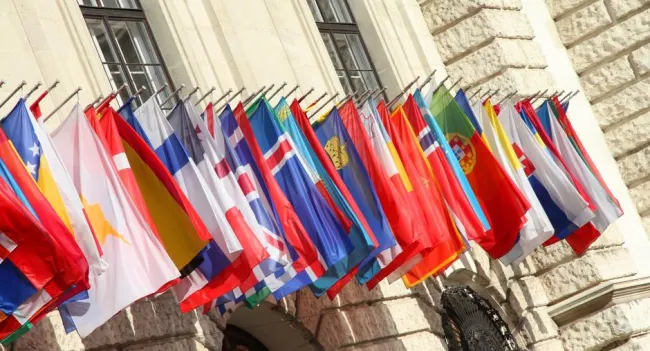Reshaping Development: Experimental Multilateralism

While the existing multilateral architecture oversaw a large-scale reduction in global poverty and a sustained period of global economic growth, it has not kept pace with ever-greater global interconnectedness, nor has it been able to mobilise effective international co-operation around challenges such as the climate crisis and deepening inequalities. Instead, competition outweighs co-operation and solidarity between countries and an emerging fragmentation of international institutions risks duplication or even contradiction of policies. Moreover, international institutions are failing to place countries on an equal footing and to listen to new and emerging non-state actors, be they multi-national enterprises, philanthropists or global activists.
The COVID-19 crisis has rendered more urgent the need for new forms of inclusive multilateral governance and practices to strengthen co-operation, collectively address global vulnerabilities and build resilience to future crises. A transformation that the Development Centre has been discussing in the framework of Development in transition. However, a new multilateral system cannot be built in a day. An experimental approach to building a new international architecture can help, learning from concrete experiences around specific objectives that have enhanced coordination and exploited synergies across different institutions and governance mechanisms. This means bringing together the full range of actors involved and hearing about how they coordinate their diverse capacities and efforts.
This DEV Talk, organized by IAI in cooperation with OECD Development Centre, discusses how learning from and experimenting with new multilateral approaches can generate new global governance mechanisms and practices wherein solidarity and sustainable development become the main drivers of international co-operation.

